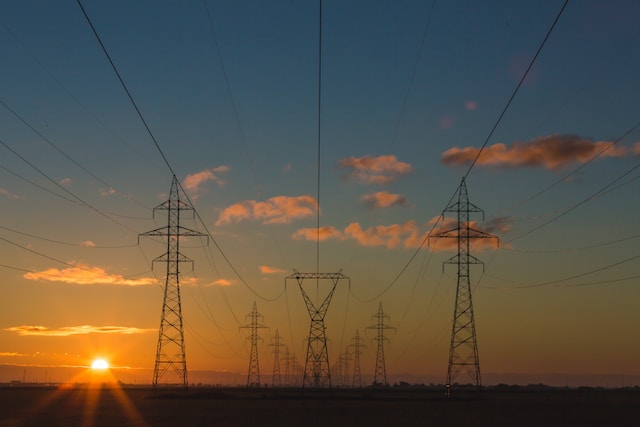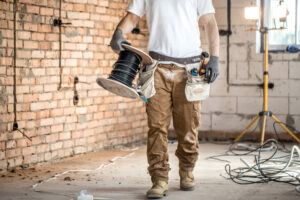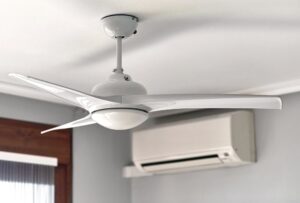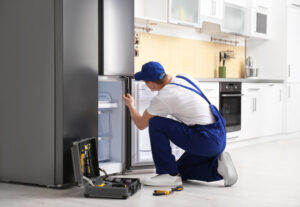In today’s world, managing electricity consumption is not only environmentally responsible but also essential for reducing your electricity bill.
We’ve put together some practical energy-saving hacks that are simple to implement in your daily life to help you to potentially reduce your electricity bill and do your bit for the planet.
You might be surprised at all of the different ways you can make some changes!











